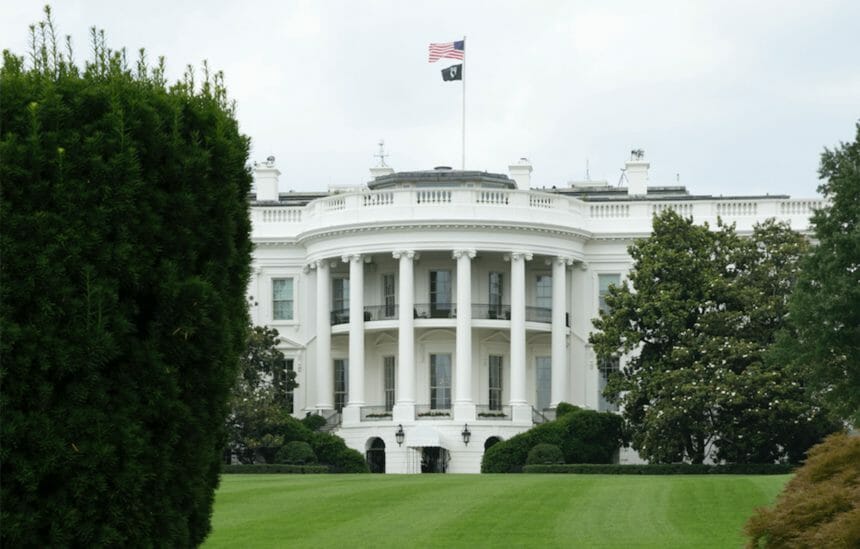
A $9 billion increase in federal funding to increase the supply and improve energy efficiency in affordable senior housing as well as to end homelessness are part of a White House discretionary funding request for fiscal year 2022 made Friday.
The Biden administration is seeking a total of $68.7 billion for the Department of Housing and Urban Development, a 15.1% increase over the department’s 2021 budget.
To address the “critical shortage of affordable housing in communities throughout the nation,” HUD noted that the request also includes $180 million to support 2,000 units of new Section 202 affordable senior housing and Section 811 housing for people with disabilities.
HUD-supported rental properties provide 2.3 million affordable homes to low-income families, including older adults. The funding request would fully fund operating costs across the portfolio and includes $800 million in new investments across HUD programs for modernization and rehabilitation aimed at energy efficiency and resilience to climate change impacts, including wildfires and floods.
The retrofits would help lower the costs and improve the quality of public and HUD-assisted housing while creating good-paying jobs, according to HUD. The discretionary request includes $3.2 billion for public housing modernization grants — a $435 million increase over 2021 dollars.
“Addressing our nation’s urgent housing challenges and building a more affordable, equitable and resilient housing system demands strong federal leadership backed by robust federal funding,” HUD Secretary Marcia L. Fudge said.
The request also seeks a $500 million increase for Homeless Assistance Grants to support more than 100,000 additional households to prevent and reduce homelessness.
“LeadingAge welcomes the increases in funding levels sought by the request,” Linda Couch, LeadingAge vice president of housing policy, said in a statement. “Given rising homelessness among older adults, as well as severe housing cost burdens among older adult households with the lowest incomes, expanding the affordable housing supply is critical.”
Couch said LeadingAge also wants to partner with HUD and other housing advocates to secure “meaningful funding for new housing, service coordinators, internet and age-friendly retrofits” in the BY22 HUD appropriations bill and the infrastructure package.
Other funding requests affecting older adults:
- A historic $10.7 billion investment in the fight against the opioid epidemic — a $3.9 billion increase over 2021 funding levels — to support research, prevention treatment and recovery support services, with targeted investments in populations with unique needs, including older adults.
- Additional resources for the Administration for Community Living, which includes the Administration on Aging, to provide relief to caregivers and families, including $551 million for home- and community-based services; double funding for the Lifespan Respite Care program; increase resources for meal programs for older adults; and expand services for individuals with disabilities.
- A request to improve the timely processing of disability claims, expand outreach to vulnerable populations, ensure that the Social Security Administration makes the correct payments to those who qualify, and modernize information technology to increase accessibility of benefits for older adults and people with disabilities.




